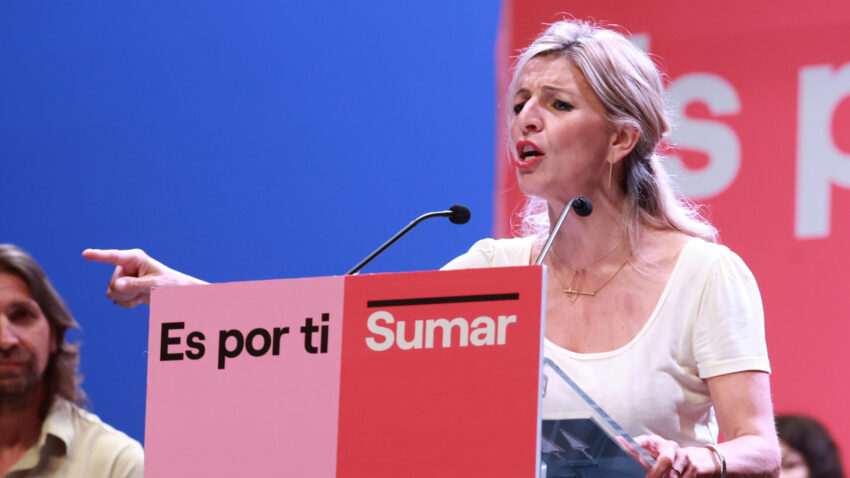Spain’s Golden Visa Program Ending in 2024?
The junior coalition partner of the Spanish government, Sumar, has expressed its intent to discontinue Spain's golden visa program in 2024. This program grants residency to non-EU nationals who purchase Spanish properties valued at over half a million euros. It is important to note that golden visa programs are currently under increased scrutiny throughout Europe.
The Netherlands recently announced its plans to terminate a similar visa program targeting wealthy individuals from third countries in 2024. In recent months, Portugal, Ireland, Greece, and Malta have either eliminated their equivalent golden visa programs or imposed stricter conditions on millionaires seeking real estate investments.
These decisions follow years of warnings from the European Union (EU) regarding the potential risks posed by foreign investment residency programs to security, transparency, and the values of the EU. In early 2023, the European Commission urged EU member states to cease granting such visas.
This concern was underscored in 2022 when Russian tycoons sought to use golden visas to escape to Europe following their government’s invasion of Ukraine.

In Spain, there have been calls to restrict the golden visa program, which provides residency rights to affluent non-EU nationals and allows them to pursue Spanish citizenship after ten years, even if they have not lived in the country.
Last May, real estate experts and lawmakers argued that the €500,000 threshold for property purchase is insufficient, particularly in Spain’s major cities, where many homes are priced at this level. They contended that these visas contribute to rising property prices and displacement of local residents.
Earlier in the year, the Spanish political party Más País proposed abandoning Spain’s golden visa scheme, citing reasons similar to those given by the Portuguese government when scrapping its program: ending or reducing property speculation in Spain. A neighbourhood association in Barcelona (Favb) even called for restricting golden visa property investments in the Catalan capital.
As of December 2023, there have been no changes to Spain’s golden visa program, and a meeting between Spain’s Social Security Ministry and the Ministry of Economic Affairs did not result in a decision on the matter.
On December 14th, Sumar presented a bipartisan agreement in the Spanish Parliament aimed at addressing pressing issues in Spain’s tourism and housing sectors. These industries are closely linked, with the proliferation of short-stay holiday rentals being identified as a key factor driving up rents and property prices.
The pact seeks a more sustainable tourism model that respects labour rights, cities, housing, and includes measures such as limiting cruise ships, banning short-haul domestic flights, and cancelling golden visas.
Since the inception of Spain’s golden visa program, approximately 11,500 visas have been granted, along with another 20,000 authorizations for family reunification.
Notably, a significant percentage of recent property purchases in the Valencian province of Alicante were made by non-residents, often referred to as “vulture funds” or “very wealthy individuals.”
In this context, Sumar’s proposal is to halt the issuance of golden visas to foreigners. Despite a decline in mortgage applications among Spaniards in 2023 due to rising interest rates, foreign buyers have represented a higher percentage of total house sales than ever before, standing at 21% in the first half of 2023.
Real estate experts see this as a factor propping up the property market and keeping prices high.

To address the shortage of affordable housing in Spain, the government’s main solution has been to construct up to 160,000 social housing units in the coming years. However, this is not an immediate solution for the lack of affordable properties available for purchase or rent.
Efforts have been made at the regional and city levels to limit or ban short-term holiday rentals, but the role of millionaire foreign property buyers has not been explicitly addressed as a cause of Spain’s housing crisis.
With only 31 out of 350 seats in the Spanish Parliament, Sumar cannot terminate Spain’s golden visa program without the support of Pedro Sánchez’s PSOE (121 seats) and other smaller parties to secure an absolute majority. At this juncture, additional pressure from the EU may be the catalyst for the ruling Socialists to consider Sumar’s demands more seriously.












